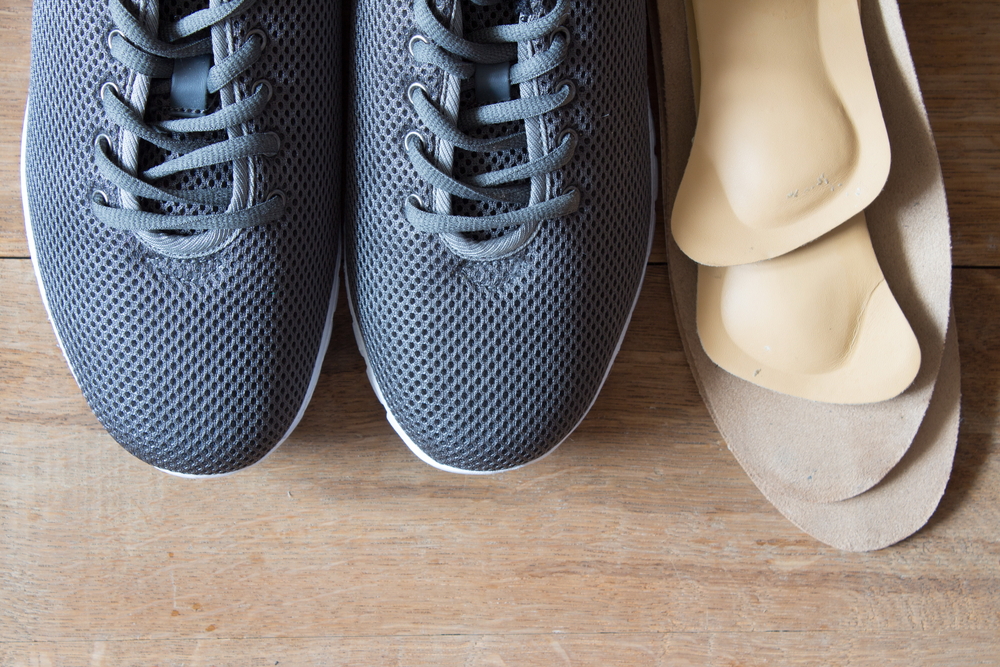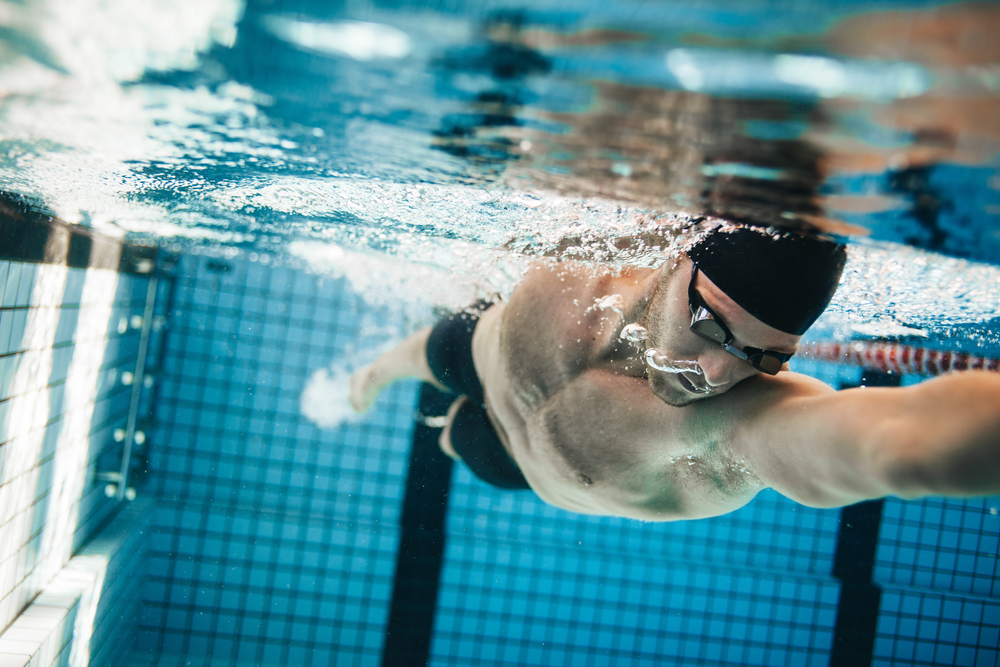
Running a marathon is a fantastic test of mental and physical endurance. When you complete a run of this calibre, you’ll feel a sense of accomplishment unlike no other. So it's important to take marathon injury prevention seriously.
Not only will it improve your fitness, but it’s also an incredible lifetime achievement that everybody should attempt at least once. You can complete a marathon to push your fitness capabilities or even to raise awareness for a cause you care deeply about.

However, you should be aware of safety tips for running a marathon and marathon injury prevention. It’s not exactly a walk in the park. You’ll need to spend months training for this event to ensure you are fit enough to cross the finish line without any injuries.
In this blog, we’ll be sharing our first marathon training tips and post marathon recovery advice, to ensure you have the best experience possible and avoid getting injured in the process.
How common are marathon related injuries?
First things first, how common are marathon related injuries? Unfortunately, it’s very habitual for participants to experience injury, especially if they attempt running a marathon without training.

One of the most painful and common injuries sustained by marathon runners is known as plantar fasciitis.
The plantar fascia is a flat bland of tissue located on the sole of your foot. Continual long-distance running can cause excessive stress to the ligament and impede its ability to absorb shock.
A full recovery can take several weeks, if not months, and symptoms include a painful stabbing sensation.
Not only are marathon runners prone to injury post-race, but they’re susceptible to lesions in the months leading up to the event. Running or walking a marathon without training can lead to an injury before the race, rendering you unfit to compete at all.
Other injuries and problems runners can become prone to include shin splints and achilles tendonitis.
More often than not, injuries can be attributed to a lack of preparation. This begs the question, is running a marathon with limited training possible? Although it may be possible, it’s not advisable.
You should always have a plan in place before you decide to take on this challenge.
Marathon injury prevention tips
Below are seven tips that should help you with marathon injury prevention:
Follow a marathon training plan
The best thing you can do is put a plan into place in the months leading up to the event.
Marathon training for beginners should begin approximately six months prior. If you’re lucky enough to have a personal trainer, let them know you’re working towards this goal. If not, create your own marathon training plan that is manageable yet adaptable to your current lifestyle.

It’s extremely important that you stick to your training plan, even if you’re only running a half-marathon. Many individuals abide by their fitness regime until they feel overly confident and begin to up the stakes significantly.
Most foot injuries tend to occur when you amp up your mileage too quickly. This method is neither feasible nor safe, and it can even cause a nasty injury. Instead, you should gradually build up your fitness level.
Invest in running insoles
Another way to avoid injury is by providing your feet with ample support. Running insoles, such as our Performance, Sports and UltraLite insoles, reinforce the arch of your foot and encourage shock absorption during your runs.

These arch support insoles are incredibly lightweight and provide a robust support system for runners that are really pushing themselves to hit a good time.
We also have a great selection of manuka honey plasters to help any chafing wounds heal faster.
Stay active
Try to stay as active as possible during the months leading up to your marathon. Don’t just focus on running miles on the treadmill.

Instead, take part in other activities that can equally improve your cardiovascular health without putting too much of a strain on your feet, such as hiking, swimming or using other gym machines, such as the cross-trainer or rowing machine This will help you build up a more rounded fitness whilst helping you stave off injury.
Wear the right gear
What you wear on the day of the event can also help prevent injuries.

For example, it’s important to wear clothes that are well-fitted and prevent chafing or rubbing. You should also stick to shoes that have already covered a lot of miles and you feel comfortable in.
Brand new running shoes can take up to a month to wear in properly, so it’s best to stick to a tried and trusted pair.
Eat and drink well
Nutrition is incredibly important when it comes to training for a marathon. In the weeks leading up to the event, we recommend increasing your carbohydrate intake.

However, when it comes to the day of the run itself, eat something easy and light that your body can handle. Obvious things to avoid include heavy alcohol use and long-running activities the day before your run. A recommended go-to marathon day breakfast is porridge, a banana, and plenty of water to keep hydrated.
Rest, rest and rest
If you do happen to sustain an injury, it’s important that you plan in rest days.

Although it may be easier to get away with injuries when you’re younger, you must be extremely careful as the years go by. If you don’t manage your lesion effectively, you could risk developing a long-term health problem.
A lot of people will develop an injury and continue to apply pressure in the hopes that it goes away on its own. Even the smallest of injuries should be looked after with care.
Don’t overdo it
Most importantly, take the time to truly listen to your body.
Many adults are guilty of pushing their bodies too far. Although there is a serious side to marathon running, it’s still important to make sure you’re still having fun. Apart from strengthening your body through strength training, dynamic stretching is equally as important when it comes to your marathon post-race recovery.
Marathon injury prevention: final thoughts
We all know that completing a marathon, no matter how long it takes you, is an incredible achievement, but it can be easy to become over-enthusiastic and meticulous about your training in the months leading up to the big race day.
Whilst it’s super important to follow a good training plan, you need to remember that you are prone to injury so make sure you follow the above advice we have given you.
We hope you found this guide to marathon injury prevention, but if you need some further advice, please don’t hesitate to contact us. Good luck!
This blog is also part of a wider series about marathons, which you can check out below:
- Marathon Preparation: 4 Tips On What Not to Do
- 6 Marathon Training Activities To Help With Your Preparation
- Pre and Post-marathon Recovery: How To Look After Your Body
- The Dangers of Not Taking Care of Minor Injuries Properly
- 6 Top Tips for Preparing a Walking Marathon
- The Pitfalls of Running a Marathon without Training
